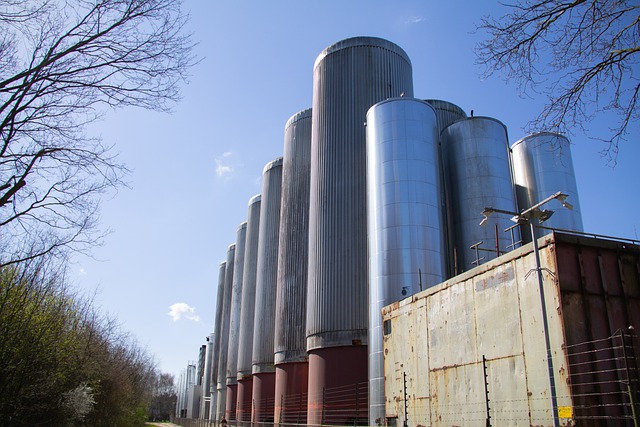The industrial process is involved in all sectors of activity where raw materials have to undergo transformations to produce a finished product. These include the food industry, pharmaceuticals and even water treatment. In short, all companies involved in the mass production of goods. What do we really understand about the industrial process and how does it work? Does it have any advantages? This article offers an overview of the concept.
What is the industrial process?
In industrial companies, there is a set of processes used to transform raw materials into finished products. This set of operations, which transform raw materials into consumable finished products, is known as the industrial process. However, it is important to stress that this process is not only autonomous and optimised. It is also ergonomic and economical. This is to be expected, since the transformation process does not depend on chance. It has specifications that describe the work that needs to be done in each workshop, from extraction of the raw material to production of the finished product. Each processing workshop is also known as a production unit.
Establishing the industrial process
It is important to define a company’s industrial process. A well-defined process can lead to better production at lower cost. However, it should be noted that setting up such a working method can be prohibitively expensive. However, the return on investment is based on the quantity of production. Put simply, the more you produce, the quicker you break even. So getting to grips with your industrial-scale transformation process is imperative if you want your business not only to save time, but also to be more productive.

Some advantages of the industrial process
The industrial process has a number of advantages. In addition to the advantages mentioned above, it is worth noting that this process saves money by considerably reducing the cost of production. Note that production costs also include labour. It also allows the company to be efficient and precise during the transformation process. The many advantages of this method of working have the direct consequence of lowering the price of finished products and therefore considerably boosting sales. In fact, this is what has enabled individual companies of French origin to prosper.
Some industries that apply the industrial process
Many companies use this methodology to optimise their production and increase their sales. Whether in the automotive, beauty, aeronautics or defence industries, they all use this process. The industrial process can be implemented in any production company. All you need to do is purchase high-quality equipment and set up the various production units. This is exactly what the Safran group has done. Apart from this company, which operates in defence and aeronautics, you have Nestlé and Danone, which operate in the food industry.




